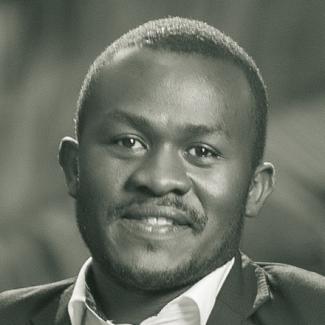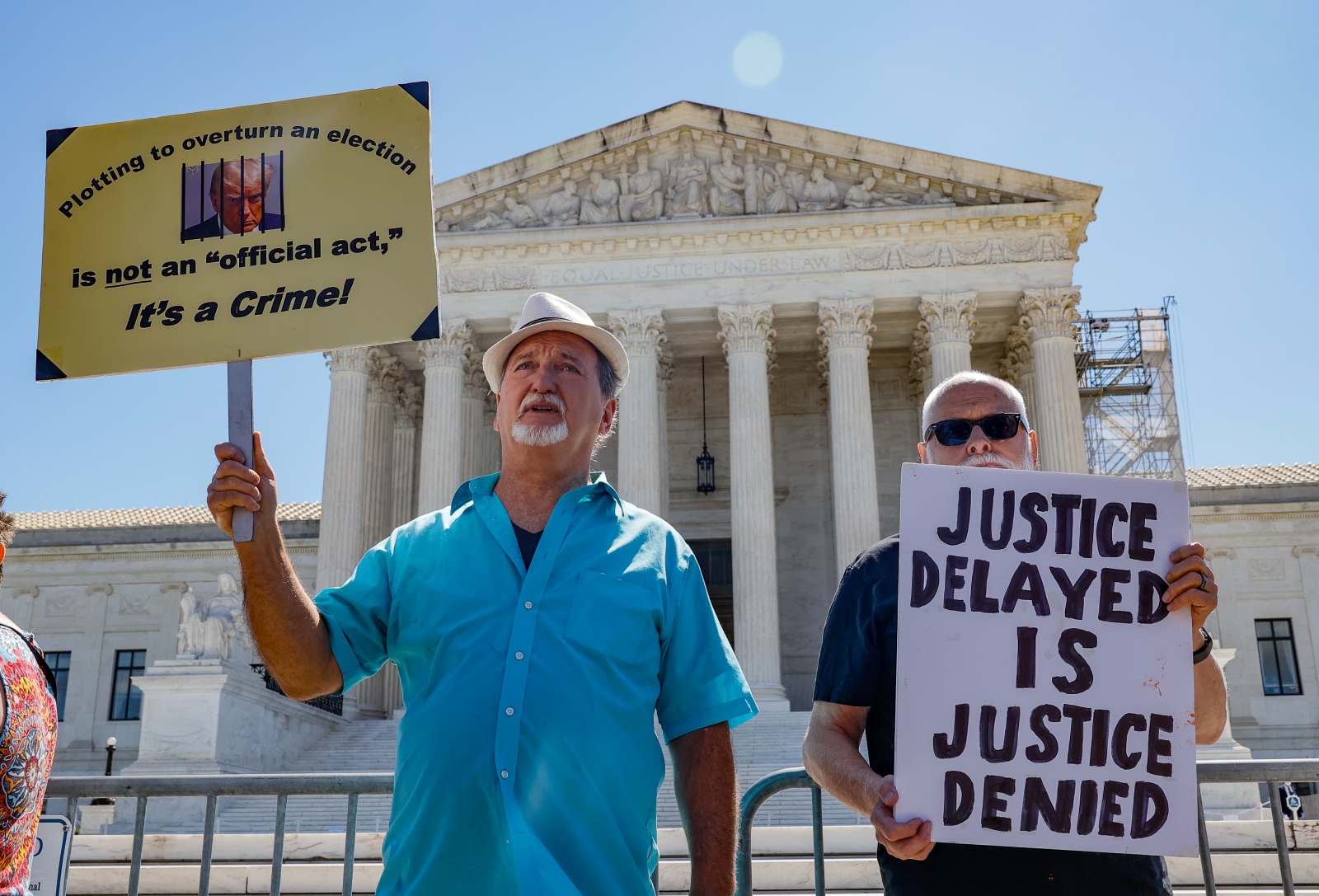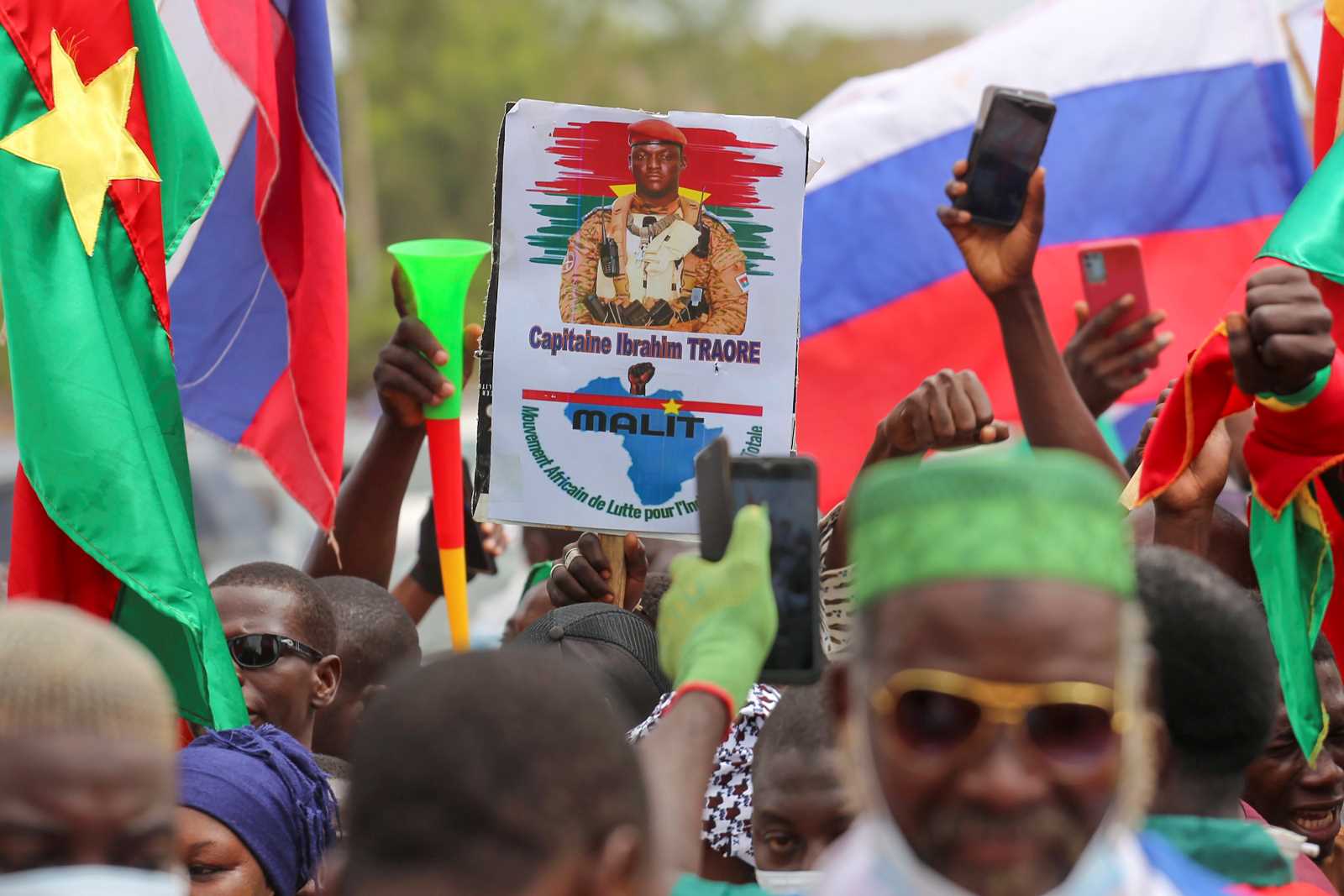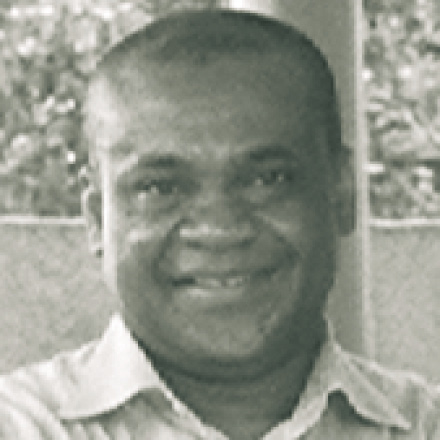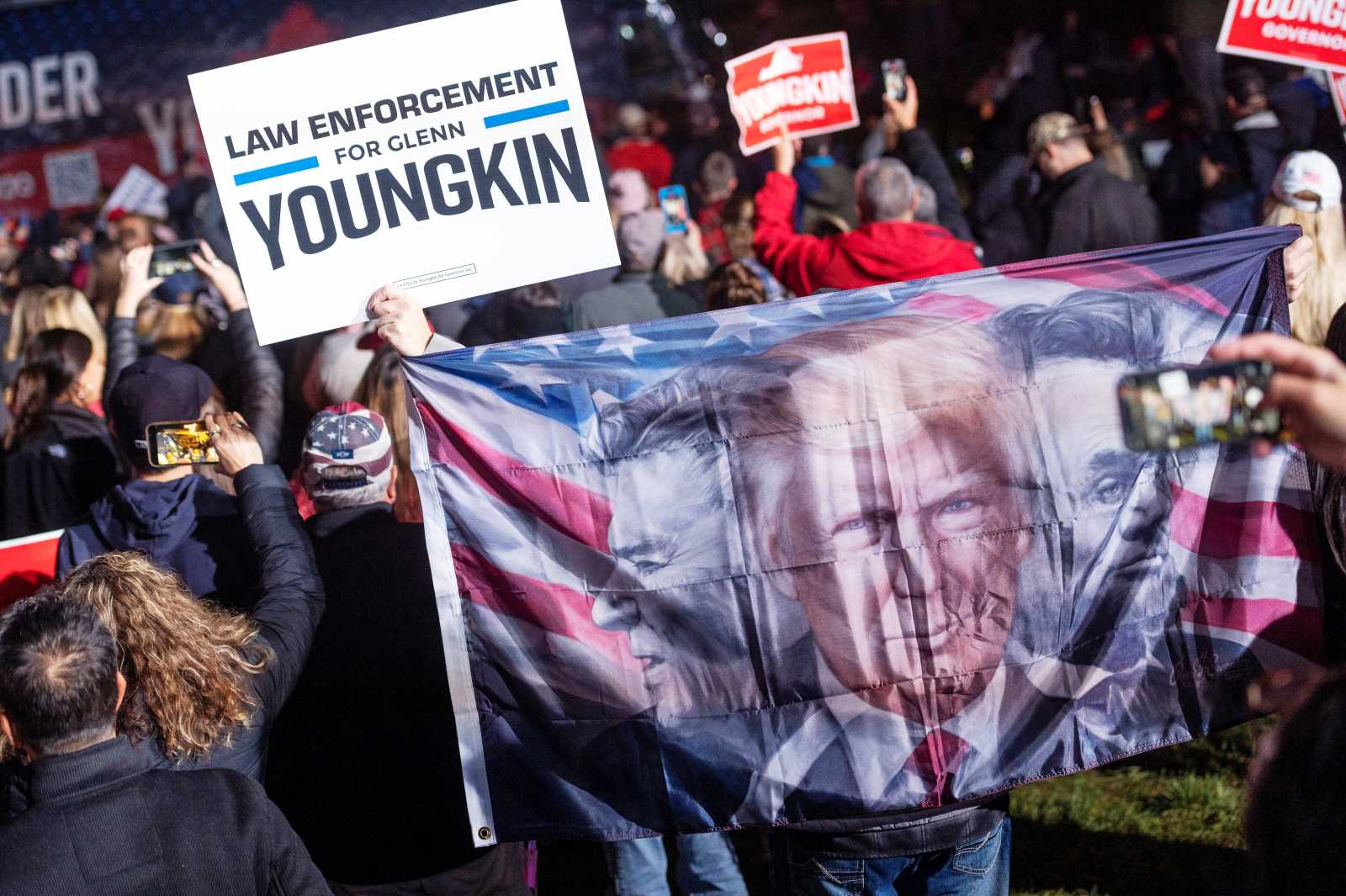Internet
“A multi-tentacular problem”
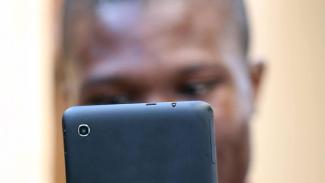
In Africa, a wide variety of false information is being disseminated online. Sometimes that is done inadvertently, but far too often deliberately. Perpetrators are pursuing financial, ideological, political and other interests. The harmful impacts are real (see box). They include loss of money, destroyed reputations and social upheaval. When misinformation stokes religious or tribal hatred, deadly violence can follow.
The political dimensions of fake news tend to attract a lot of attention. The reason is that, in democratic societies, public discourse should be geared to the common good, so disinformation and propaganda undermine good governance.
South Africa and Nigeria, the largest sub-Saharan economies, held elections this year. Before voters were called to the polling stations, Facebook, the social-media giant that also owns WhatsApp, teamed up with several fact-checking agencies. The idea was to get a grip on falsehoods. Moreover, Facebook promised to promote digital literacy in cooperation with journalists and civil-society organisations. The background was that Facebook was confronted with serious criticism for its failure to control the spread of disinformation ahead of elections in other countries, especially the USA in 2016.
In the meantime, Facebook’s joint action with fact checkers has been expanded to three other sub-Saharan countries: Kenya, Senegal and Cameroon. One of Facebook’s partners is Africa Check, the continent’s first independent fact-checking agency with offices in South Africa, Kenya, Nigeria and Senegal (see Focus section of D+C/E+Z e-Paper 2018/05). Other partners include the French news agency AFP (Agence France-Press), the Nigerian firm Dubawa, as well as the Kenyan outfit PesaCheck.
Facebook managers say they are making progress. “These independent groups help us assess the accuracy of news shared on Facebook, and when they determine content is false, we reduce its distribution in news feeds,” states Akua Gyekye, who handles public policy issues for Facebook. “We also show related articles from fact checkers for more context and notify users if the story they have shared is rated as false.”
In principle, the social-media giant thus accepts its duty to clean up its platforms. Gyekye points out, moreover, that Facebook is doing extensive work to:
- remove fake accounts,
- reduce incentives to the financially-motivated actors who spread misinformation,
- promote news literacy and
- provide more context so users can decide for themselves what to read, trust and share.
The challenges are huge, however. Africa has 55 sovereign nations, and an estimated 400 million African people currently have access to the internet. Fact-checking of the information that is posted on Facebook and WhatsApp has systematically begun in just about 10 % of the countries. Even in those countries, the capacities of fact-checkers are quite limited. They are unlikely to discover every falsehood as soon as it is launched, and before Facebook and WhatsApp can delete false entries, they need to be informed of them. The process takes time. The implication is that fact-checking can only reduce the impact of fake news to some extent, but it cannot prevent falsehoods from being communicated in the first place.
Dubious websites and blogs
Google, the internet search giant, has also started cooperating with fact-checking agencies. Its Google News Initiative is geared to giving trustworthy information high rankings in news searches. As anyone who is familiar with Google will know, however, dubious websites and blogs still pop up on users’ screens, and they are often ranked only slightly below – if not above – news sources with strong international reputation like the BBC or Le Monde.
It would be nice if social-media platforms could use artificial intelligence (AI) to detect lies, frauds and inadvertent mistakes, but such algorithms have yet to be developed. That is easier said than done. AIgorithms basically mimic human behaviour. Given that human beings are all too easily deceived, the software programmes that reflect their mental attitudes are potentially vulnerable to similar deception.
Full Fact is a British fact-checking charity. It is a leader in applying AI. Google’s AI Impact Challenge awarded it $ 2 million for the task of building innovative tools to help users to evaluate the quality of information.
Full Fact has declared: “In three years, we hope our project will let individual citizens and internet users place trust with confidence, help internet companies make fair and informed judgments at scale and enable policymakers to better understand how they can respond to misinformation while robustly protecting free speech.” The charity is cooperating with international partners, including Africa Check and the Argentinian agency Chequeado, for example.
For the time being, however, AI solutions are not available. Peter Cunliffe-Jones, the founder and director of Africa Check, warns that misinformation is a multidimensional challenge. Several issues matter. For example, people may fall for false information:
- because they lack access to correct information,
- because they cannot tell reliable sources from unreliable ones, or
- because they have no faith in public institutions.
The demand for fact-checking is growing in Africa. Ever more organisations are setting up fact-checking units. At the same time, the peddlers of false information are becoming more sophisticated.
According to the Africa Check founder, politicians or business leaders who lie should be told in polite, but not uncertain terms why they are wrong. They should also be asked to correct the public record. Journalists of mainstream media should become more vigilant and produce reliable content that discernibly differs from mere web rumours. News consumers, in turn, must know what makes a source trustworthy and how to crosscheck information with other sources. The fight against online untruth must thus be fought on several fronts. In Cunliffe-Jones’ words, “a multi-tentacular problem needs a multi-tentacular solution”.
The media scholar Siguru Wahutu disagrees. He has recently argued that the real issue is poor standards of journalism. In his view, blaming social media or poor media literacy only distracts attention from journalism, turning the audience into a malevolent villain even though, in his view, it really is the victim.
The scholar overlooks three important things, however:
- Everyone can be a publisher online, so journalists are not the only ones who matter.
- Social media is a legitimate source of information, and some end-consumers do not use mainstream media at all.
- Regarding some topics, there is actually no alternative to social media, because mainstream media do not cover everything.
If we only expect journalists’ professionalism and citizens’ media literacy to stem the tide of fake news, this global problem will not go away. Ultimately, digital platforms must bear responsibility for the information they spread, promoting accuracy and free speech, but being careful not to encourage censorship. In Africa, institutions of government are not strong enough to hold internet giants accountable. Even the advanced nations are struggling to do so.
Alphonce Shiundu is the Kenya editor of Africa Check, an independent fact-checking organisation.
twitter: @shiundu
